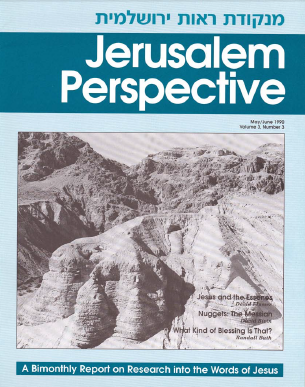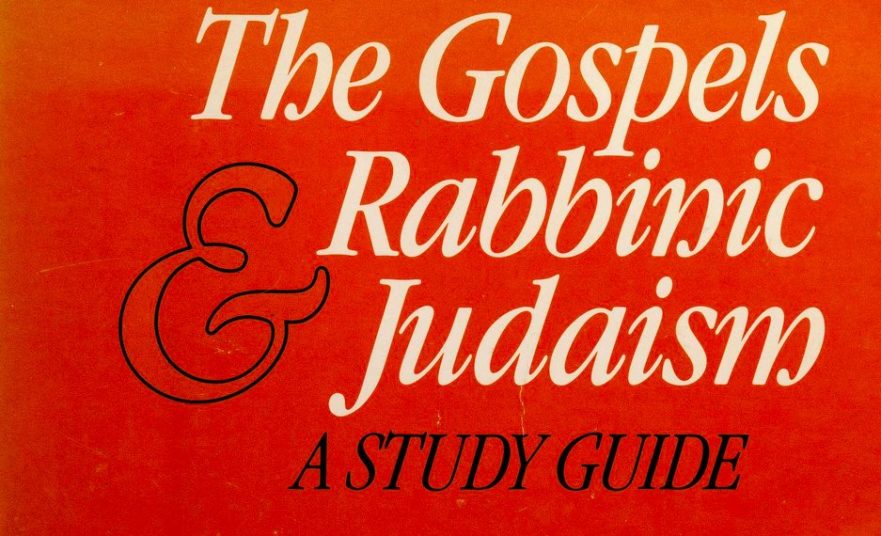The fact that the Gospels were written primarily by Jews and should be interpreted in light of Jewish thought probably raises no eyebrows among Jerusalem Perspective‘s readers. It will also come as no surprise that there are remarkable similarities between the Gospels and certain passages in rabbinic literature—studying one can only help enliven and inform the other. This is the premise of The Gospels and Rabbinic Judaism: A Study Guide.
Based on studies held for lay audiences over the years by a Dominican priest and a Jewish rabbi, this book focuses on seven themes particularly relevant to Jewish-Christian dialogue today: The Great Commandment, the synagogue, the parable, halachah, the Sabbath, divorce and forgiveness. Viewing the topics from theological, historical, halachic (legal) and literary perspectives, the New Testament and rabbinic texts are examined side-by-side to show similarities and differences in the two sources and in the attitudes taken by Jews and Christians to these issues. The authors’ purpose is to draw the two groups together to learn from each other as “equals in front of God, equals in front of each other.”
Throughout the book Hilton and Marshall offer valuable advice for interfaith study. For example, rabbinic passages are replete with biblical quotations, and it often is useful to look up those verses to see the broader picture. In certain cases, the citation’s context is more important to the discussion than the actual quote itself, although the authors warn that the sages were not opposed to pulling phrases from the Torah with absolutely no connection to their contexts. Since there generally is no indication as to when the context will be important, the reader is advised to look up each reference to see which is the case.
Premium Members and Friends of JP must be signed in to view this content.
If you are not a Premium Member or Friend, please consider registering. Prices start at $5/month if paid annually, with other options for monthly and quarterly and more: Sign Up For Premium




